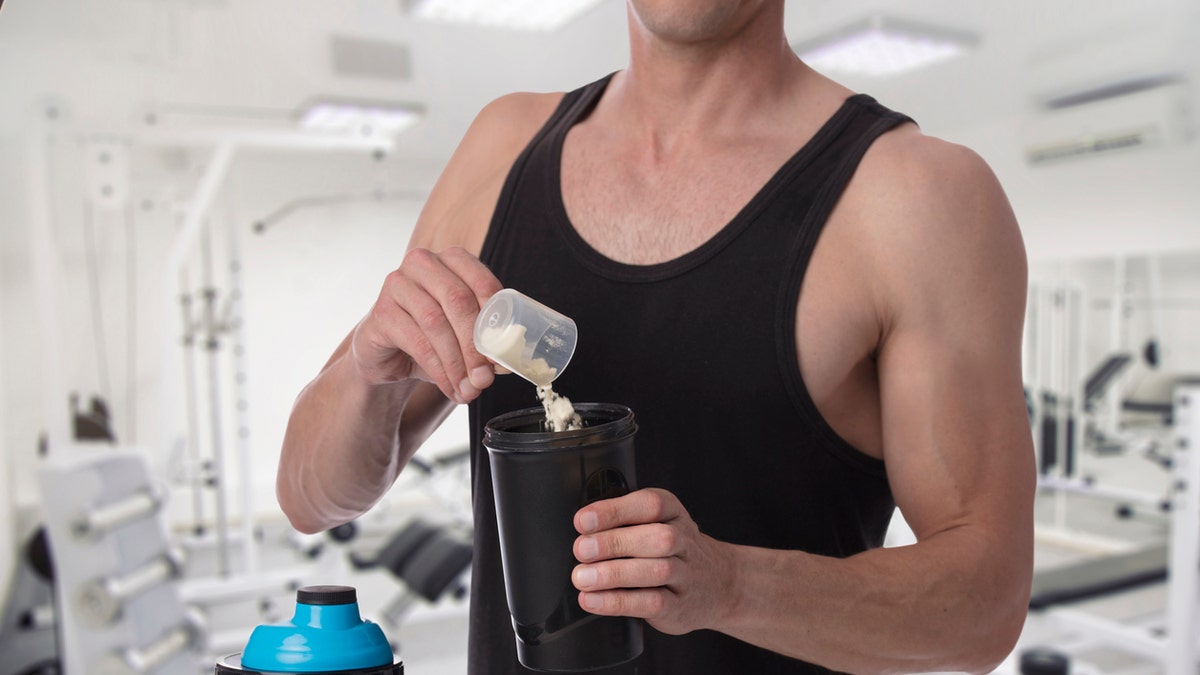
A new study showed 70 percent of protein powders tested had detectable levels of lead, 74 percent had cadmium and 55 percent had BPA, the chemical formula found in many plastics. (iStock)
Your morning smoothie might come with a not-so-healthy dose of heavy metals, according to a new study.
Nonprofit organization Clean Label Project tested 134 leading protein powders for a variety of toxic metals, pesticides and other contaminants, and found that nearly all tested positive for at least one heavy metal.
70 percent of powders tested had detectable levels of lead, 74 percent had cadmium and 55 percent had BPA, the chemical formula found in many plastics.
The various toxins have been linked to cancer, brain damage and reproductive problems, according to watchdog website Consumer Reports.
Researchers found that plant proteins, such as hemp or soy, contained more lead and other contaminants than powders made from whey or egg. That’s likely because the plants making up the powders absorb heavy metals from soil.
And “organic” products were no healthier than nonorganic — on average, powders labeled as organic had higher levels of heavy metals than others tested, likely because they were plant-based. Organic samples, however, contained less BPA than nonorganic powders.
Powders by Garden of Life, Nature’s Best, Quest, 360Cut and Vega had the poorest Clean Label Project Scores, while offerings from Pure Protein, Performix Pro, BodyFortress, BioChem and Puori scored best — likely since they were all made with whey, which goes through a sort of filtering process courtesy of cows’ digestive systems.
Consumer Reports’ experts say that people might be better off ditching protein powders altogether, rather than searching for a “clean” version. The powder-making process makes it hard to eliminate such toxins, and most Americans get enough protein from their diets without supplementing.








































